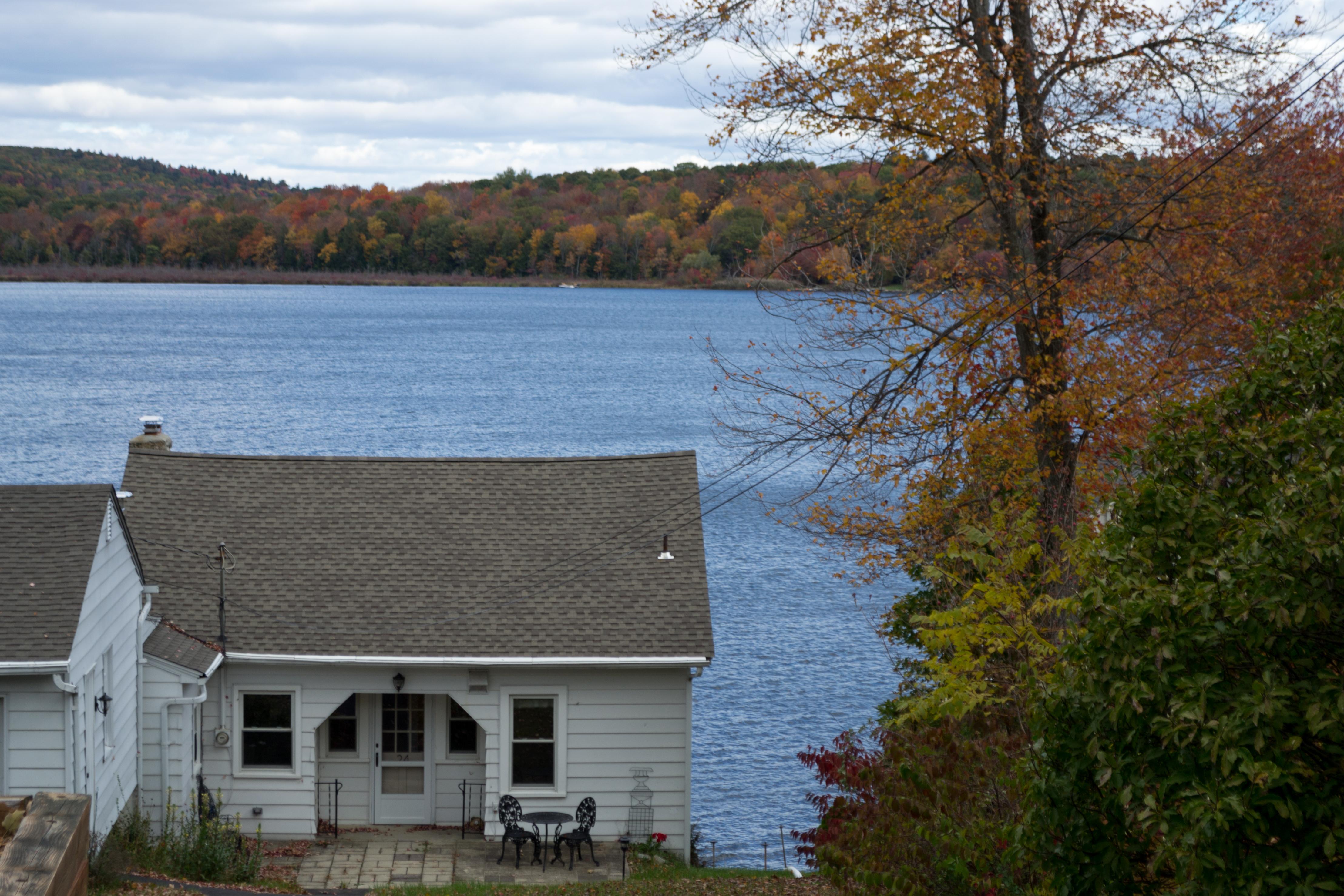
21 Jul Paying cash or borrowing for vacation home
Photo: MaryRN/morguefile.comQ. My two brothers and I are talking about buying a lakehouse out-of-state and also a boat. What are the pros and cons of the different ways we can title the property? And how can we decide if we are better off paying all cash (if we can) or taking a mortgage?
— Brother
A. There are plenty of ways to make this happen, and you’re smart to want to understand before you leap.
The best choice depends on what the ultimate use of the property will be.
If you intend to use this property strictly for your personal enjoyment, you can keep it simple and title the property as “Tenants in Common,” said Steve Gallo, a certified public accountant with U.S. Financial Services in Fairfield.
“This would allow both you and your brothers to control your individual interests through your own estate documents,” Gallo said.
If you intend to rent the property to outsiders, you may choose to form an LLC and title the property to this new entity, he said.
“Both you and your brothers would be the owners of the LLC and therefore can control your individual interests as stated above, but the LLC will provide a liability shield for any other personal assets you may own in the event of any lawsuits filed by a renter or anyone else,” he said. “If you choose to buy a boat you can own that through the LLC as well.”
Deciding on using cash or a mortgage is another consideration.
It’s important to consider the interest rate on the mortgage. If you are borrowing the money at what still remain all-time low rates, it may make sense to do so, Gallo said.
“Remember at this point, depending on your individual situations, the interest costs may also be tax deductible, making the overall cost even lower,” he said.
Assuming you have the available funds to purchase the property for cash, the other factor is considering what you would do with the cash if you choose to finance the property.
This is referred to as “opportunity cost.”
Gallo offered these examples:
Let’s assume you are looking at a property for $300,000 and you have the cash to pay for it. In addition, assume you can get a 30-year fixed rate mortgage at 4.5 percent.
If you choose to pay cash for the property, you have no mortgage interest cost but you are tying up $300,000 in the property which may or may not go up in value over time and therefore you have lost the ability to earn a return on your capital, he said.
If instead, you only put 20 percent down and take a mortgage for the additional $240,000 needed, you will pay the 4.5 percent interest less the potential tax savings.
“Assuming a 25 percent tax bracket your net interest cost could be under 3.5 percent,” Gallo said. “If you can invest the remaining $240,000 of your savings and earn in excess of 3.5 percent annually, you would be financially better off financing the property.”
Given all the options, it would be worth going over the specifics with a financial advisor.
Email your questions to Ask@NJMoneyHelp.com.
This post was first published in July 2017.
NJMoneyHelp.com presents certain general financial planning principles and advice, but should never be viewed as a substitute for obtaining advice from a personal professional advisor who understands your unique individual circumstances.
